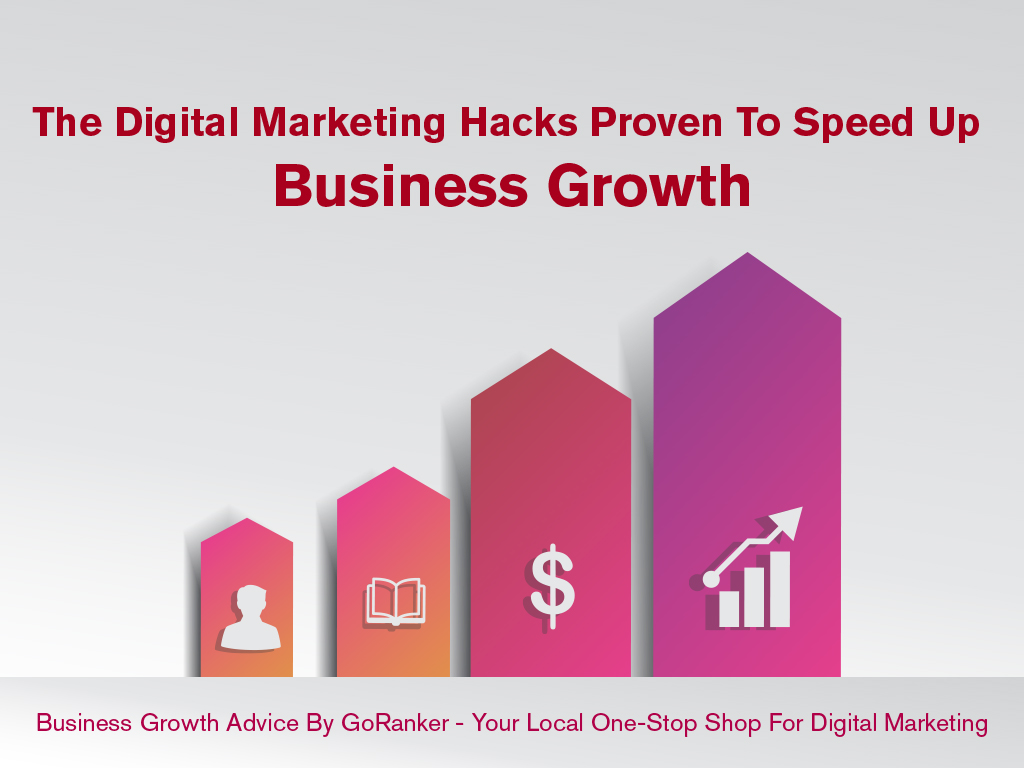
The development of the Internet, from a communication platform and a virtual playground to a digital universe where anything can be made possible, has also changed the way we work and do business. It has opened up a world of opportunities that the current generation doesn’t hesitate to grab hold of and profit from.
If our parents were dreamers, we are bold go-getters. The internet is our oyster and we’re having an amazing time exploring it as it’s shaping us into full-time bloggers, podcasters, social media celebrities, youtube artists and tenacious freelancers.
However, this is not an ode to the 21st century digital mercenary but rather a guide on how to turn your one-man show, whether it’s coding, designing, writing or marketing, into a thriving, long-term business.
As a freelancer, you are someone who sells services to a variable number of employers, a.k.a clients, without making a long-term commitment to any of them. In fact, you don’t commit to people, you commit to projects and to building a reputation as a stand-alone professional.
In the modern day supply-and-demand setting this works great because companies may not need the type of services we provide on a daily basis, while we get to be flexible and full ownership over our professional decisions.
Does it sound good so far? Well, it is. But there’s also a drawback: unless we’re very experienced, expensive to work with or plain lucky, we don’t always get to make as much money as we’d like.
As with everything, there’s a good side and a bad side, and choosing freedom over a bigger paycheck is a tradeoff most of us are happy to make.
But if there’s one piece of advice that has managed to stick to my mind every since I received it, that is “NEVER SETTLE”. So, what if, as freelancers, we don’t have to settle for less money? What if this is just a misconception?
As a marketing professional freelancing for more than 6 years I’ve learnt that, even if you’re really talented and efficient, at the end of the day, month even, your revenue can’t go beyond a certain level simply because freelancing in the traditional sense isn’t scalable.
There’s only so much you can charge while staying competitive and so much you can do without becoming a slave to your own efforts and ambitions or without ending up exhausted – which would defeat the very purpose of being a freelancer.
Therefore, I think the key to generating more revenue as a freelancer isn’t working more, faster or harder, but working smarter. And, in this case, smarter means scaling.
How To Scale Your Freelancing Business
1. Creating and implementing a long-term strategy, step-by-step
Scaling freelancing, from a couple of weekly gigs all the way to a growing business, is also a maturity test. You actually need to sit down, take a piece of paper, and write where it is that you are now and where you see yourself going in terms of goals. Then break the line in between in small “how-to” steps, and even if you don’t know EXACTLY how to do or achieve a certain thing, your best mental picture of it will do for now. You’ll also have to be prepared for three things: flexibility, unpredictability and to make the distinction between full control and project management. Why? Because scaling a freelancing business pretty much means to go from “me, myself and I” to “you and me”, and working with other people requires flexibility, involves a certain degree of unpredictability, and your mindset will have to shift from “control freak” to project management mode.
2. Building a team
As a freelancer, you invest a good chunk of your time and efforts towards building a network of clients and referrals. Now, you should direct your focus and energy towards creating a network of partners and collaborators – your new team members.
Depending on your goals and ambitions, this can be done by simultaneously working on two directions: freelancers with the same skills as you, whom you’ll pay to do your client’s work under your supervision, and freelancers with complementary skills (the coding to your designing, the SEO to your writing, and so on), who will actually enable to you to tackle more complex projects. If you go for the latter, you can actually build or share lead generation tools like, for example, this website audit plugin, which actually provides value and has a high conversion rate.
The best way to form a great network of reliable collaborators is by reaching out to fellow freelancers and co-opting them for small test projects.
Don’t wait until you get your hands on a larger project because you’ll have no room for trial and error and, in case things go wrong – and they could go wrong for 1001 reasons when working with people you’re not yet familiar with- you’ll end up with a huge workload that most probably you won’t be able to fulfill alone and on time.
A smaller project will give you the opportunity to test your candidates and optimize the process with minimal costs and risks.
3. Learning project management skills
A team will be as efficient as its initiator – because who else knows the projects better than you? You’ll have to function as a liaison between your clients and your subcontractors, and you’ll also have to change your approach to each project, moving from execution to supervising, advising and managing your team.
Desktop apps such as Asana and Trello are a great way of organizing your everyday tasks and add-ons such as Plus for Trello are useful for tracking the hours spent working on them.
People skills are vital when it comes to teamwork; if you haven’t done it so far, now it’s the time to develop and refine them.
Everyone is different and, in the beginning, you might find it a little challenging to establish a good communication between yourself and your collaborators, but as things progress and you’ll get to know each other better, the communication will get more efficient.
There are five important things to keep in mind when working with other people:
- be fair and respectful;
- be clear when assigning tasks;
- set realistic expectations and deadlines;
- make payments on time;
- be prepared for the unpredictable;
And by last one I mean the human factor; some people miss deadlines, others go MIA and turn out not as serious or professional as you initially thought. You have to be prepared for these things and always have a back-up solution up your sleeve.
4. Repositioning your business
There’s no point in scaling your business if, at the end of the day, the amount of time you’re spending working and the paycheck you’re bringing home are the same as when you were a one-man show. So you have to have some clearly defined goals here. What are you actually after? Less work, more time for yourself? More money? Bigger projects?
If you just want less work and more time, you’ll have to be willing to sacrifice a slice of your income.
If you want more money and bigger projects without actually working yourself to exhaustion, then you’ll have to focus on marketing and business development. I know these sound like pretty big grown-up words but they are actually not so intimidating once you begin to think of ways you can establish your brand and promote it more efficiently.
Most freelancers don’t have to start from scratch when it comes to brand repositioning; they already have a personal brand or at least some sort of online presence which they can strengthen or use as a trampoline to client heaven.
But why am I talking about brand repositioning? Because it directly affects profit. You see, when going from freelancing to subcontracting there are two ways to make profit: either by lowering your costs (which often means lower quality work hence more elbow-grease from your part) or by raising your costs.
But raising costs isn’t a bad thing. Not at all. When you are an experienced professional with a portfolio of satisfied customers, you are actually expected to have premium rates. Premium rates also attract premium clients, who will pay you based on your perceived value and not just by the hour or project. In turn, this will allow you to work with good subcontractors, who will get the job done well and on time. And this is how everyone’s happy!
5. Getting selective with clients
Remember how you were when you just started as a freelancer? You were probably eager to prove your value and accept any project or client that comes your way. However, not all clients are created equal and there comes a point in time when you have to become selective and weed out those clients that are difficult to work with, late with payments, disrespectful or plain cheap. Scaling your business is just the right time to do this.
This may sound drastic, but the bottom line is, you can’t scale your freelancing business with clients who don’t see your value or aren’t willing to invest in themselves.
You probably heard the expression “time is money” more than once. Well, from my point of view, time is life and nothing else. Once you start thinking of it, you are ready to commit to making your life as enjoyable and as fulfilling as possible, and going from freelancer and entrepreneur can help you achieve that – as long as you’re clear about what you truly want.



